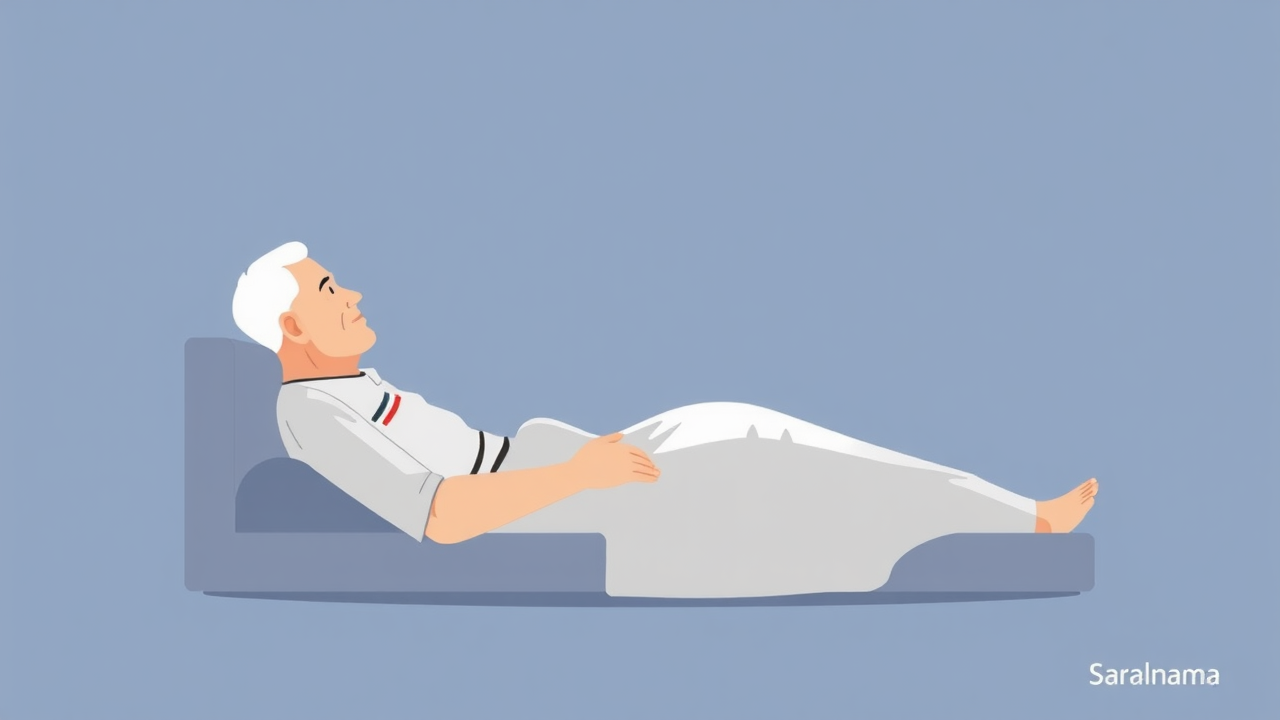American entrepreneur and biohacker Bryan Johnson, known for his extreme longevity experiments, recently revealed he spends approximately 2 million dollars annually to extend his lifespan. During a podcast conversation with William Rossy on Sprouht, Johnson discussed the habits he strictly avoids in his quest for a longer life. He emphasized that society often trains people with false narratives and poor habits, making it necessary to create personal rules to resist cultural pressures. Johnson highlighted three specific behaviors he considers most damaging: smoking, lack of exercise, and excessive screen time combined with stress. Medical experts corroborate his concerns, noting that these habits significantly impact respiratory health, cardiovascular function, and mental well-being. Johnson's approach involves fighting against societal norms that encourage staying up late, constant screen exposure, and chronic stress through doom-scrolling. He believes that without self-imposed rules, individuals will naturally make unhealthy choices when given the opportunity.

Three Habits Johnson Avoids for Longevity
Johnson identifies smoking as the most harmful habit for the body, causing permanent damage to lungs and respiratory function. Dr Shivakumar K, a respiratory medicine specialist from Bengaluru, confirms smoking irritates the respiratory tract, increases mucus production, and causes shortness of breath. Long-term effects include Chronic Obstructive Pulmonary Disease and lung cancer. Not exercising ranks as the second worst habit. Dr Dhinesh David from KIMSHEALTH Trivandrum explains that sitting over eight hours daily carries cardiovascular risks similar to smoking, slowing metabolism by nearly 30 percent. Finally, stress and doom-scrolling negatively impact mental and neurological health, triggering anxiety, depression, and panic while contributing to posture issues, joint arthritis, vision problems, and sleep disorders.
Source: Link
